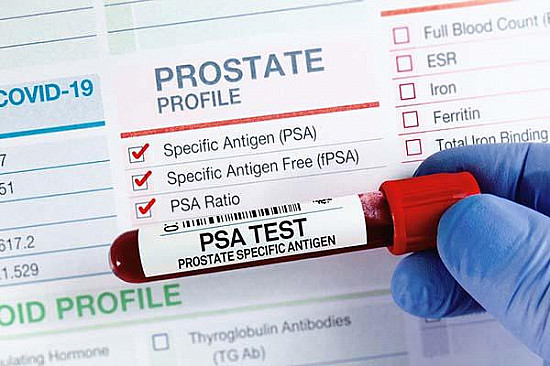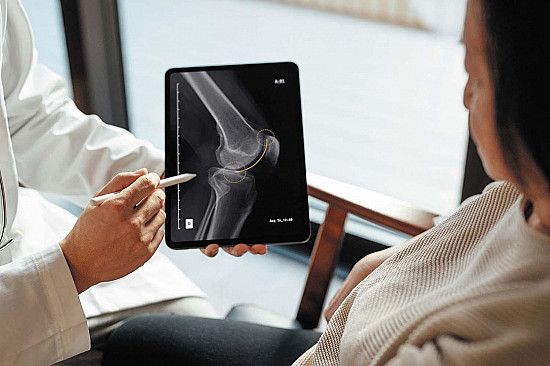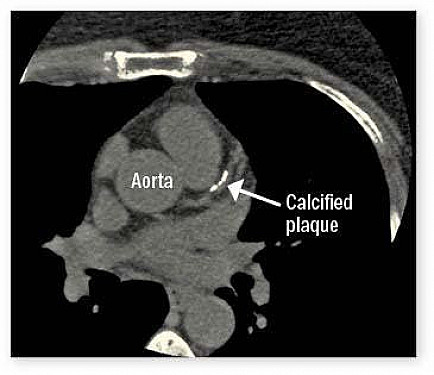Should I get my vitamin D levels checked?
On call

Q. Are there any particular reasons why men should get a routine blood test to check for a vitamin D deficiency?
A. The importance of sufficient vitamin D for bone health has a long history. In the past few decades, several studies have suggested that vitamin D might have other health benefits as well.
For instance, observational studies have found an association between low levels of vitamin D and heart disease, diabetes, and certain cancers. While people with these diseases may be more likely to have lower levels of vitamin D in their blood when tested, no studies have shown that insufficient vitamin D actually causes the diseases.
When all these studies were examined by a panel of experts sponsored by the U.S. Preventive Services Task Force, the experts concluded that the evidence did not support routine screening for vitamin D deficiency.
Their main reasoning was that there is no consensus regarding the optimal level needed to keep bones healthy. For instance, traditional guidelines state that vitamin D levels should be at least 20 nanograms per milliliter (ng/mL). (A blood test measures a form of the vitamin known as 25-hydroxyvitamin D.) But some experts say this amount is too low and the level should be 30 ng/mL or higher.
Most experts acknowledge that true vitamin D deficiency is below 12 ng/ml, but this is quite uncommon. People who might have a level this low and need regular vitamin D testing include those who
- have a gastrointestinal condition like celiac disease that decreases the ability to absorb vitamin D
- are malnourished
- regularly take medication that interferes with vitamin D activity, such as an oral corticosteroid (such as prednisone) or certain anticonvulsants.
In addition, men who have thin bones (either osteopenia or osteoporosis) or fragility fractures (broken bones that occur from minimal trauma) should get their vitamin D levels checked routinely.
The good news is that getting enough vitamin D is easy for most people. Men ages 50 to 71 should get 600 international units (IU) per day, and men older than this should get 800 IU. Sunshine is the easiest way to get enough vitamin D — five to 30 minutes of sun exposure without sunscreen, twice a week, often can supply what the body needs.
Good food sources of vitamin D are swordfish, salmon, and tuna, and vitamin Dfortified orange juice and milk. For men who think they don't get enough of vitamin D, a daily 1,000 IU vitamin D3 supplement is quite safe.
— by Howard LeWine, M.D.
Editor in Chief, Harvard Men's Health Watch
Image: electravk/Getty Images
Disclaimer:
As a service to our readers, Harvard Health Publishing provides access to our library of archived content. Please note the date of last review or update on all articles.
No content on this site, regardless of date, should ever be used as a substitute for direct medical advice from your doctor or other qualified clinician.















